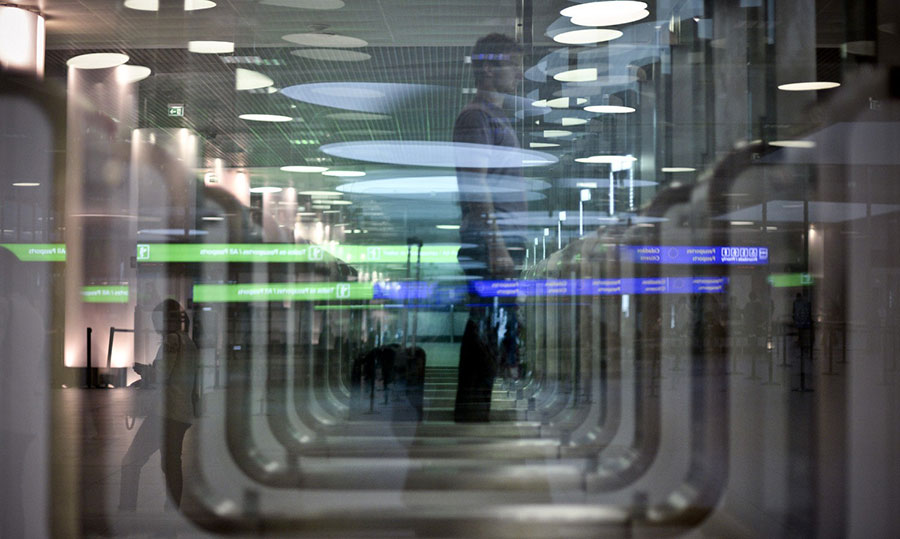The European Commission has approved today new state aid rules that exempt certain public support measures for ports, airports, culture and the outermost regions from prior Commission scrutiny. The objective is to facilitate public investment for job creation and growth whilst preserving competition.
The 2014 ‘General Block Exemption Regulation‘ enabled Member States to implement a wide range of State aid measures without prior Commission approval because they are unlikely to distort competition. The Commission has now extended the scope of this Regulation to ports and airports, following two public consultations. As regards airports, Member States can now make public investments in regional airports handling up to 3 million passengers per year with full legal certainty and without prior control by the Commission. With regard to ports, Member States can now make public investments of up to €150 million in sea ports and up to €50 million in inland ports with full legal certainty and without prior control by the Commission.
In addition, the Regulation includes a number of new simplifications in other areas, namely culture, multi-purpose sports arenas and EU’s outermost regions. The initiative aims to reduce administrative burdens for public authorities and other stakeholders in the context of the Commission’s Regulatory Fitness and Performance of EU Legislation (REFIT) agenda.
The objective of these initiatives is to further facilitate public investment in support of our common goals on jobs and growth, climate, innovation and social cohesion. The updated Regulation is an additional milestone in the consistent work of the Juncker Commission to make sure that EU state aid rules are applied as effectively and efficiently as possible. Commissioner Margrethe Vestager, in charge of competition policy, said: “We want to ensure that companies can compete on equal terms in the Single Market – and we want to do so in the most efficient way. EU state aid rules are the same for all Member States. Today’s changes will save them time and trouble when investing in ports and airports, culture and the EU’s outermost regions, whilst preserving competition. They also allow the Commission to focus attention on state aid measures that have the biggest impact on competition in the Single Market, to be “big on big things and small on small things” to the benefit of all European citizens.”



